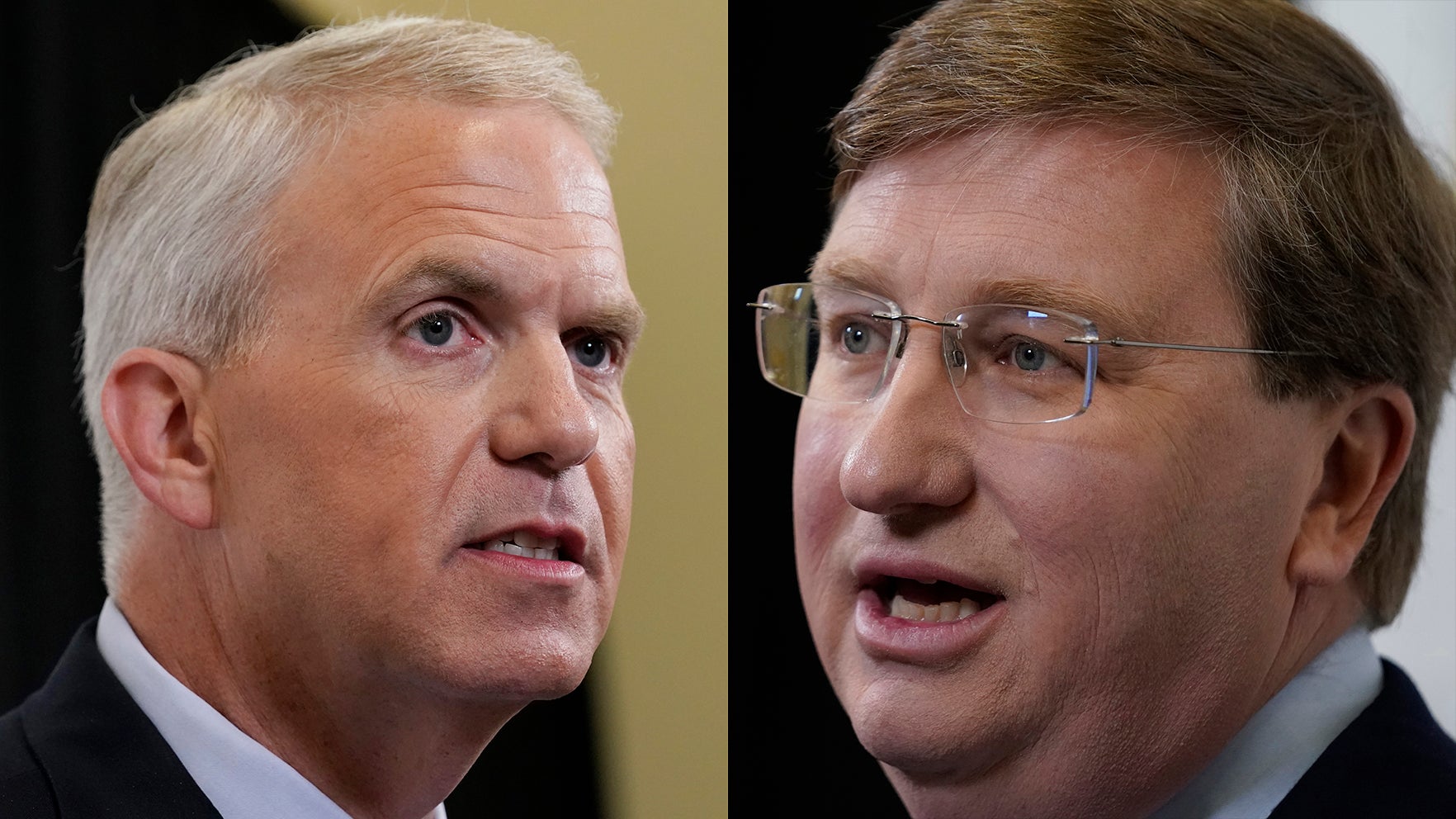Mississippi farmers brace for tariffs’ impact: ‘We are the ones being hit the hardest’
Published 1:00 pm Thursday, June 28, 2018
From Mississippi Today
COLDWATER, Miss. — North Mississippi farmer Jerry Slocum has first-hand knowledge of China’s unfair trading practices that President Donald Trump often criticizes.
Slocum has the experience of Mississippi soybeans, including his own, being delayed off the coast of China because Chinese government officials suddenly decided they did not need any more soybeans at the time.
“That has been factored in as the cost of doing business with China. But these tariffs are a whole different story,” said Slocum, 64, who farms about 1,000 acres of land in Tate County in northwest Mississippi and also owns North Mississippi Grain Co. in Coldwater that purchases crops from other area farmers.
Slocum, a Mississippi State University graduate who followed in his father’s footsteps and became a farmer, said any trade war between the United States and China will hit hard Mississippi farmers and the Mississippi economy.
Earlier this month, the president announced $50 billion in tariffs on China – the first $34 billion to be imposed in early July. The 25 percent tariffs on Chinese-made items coming into the United States would be primarily on industrial goods.
China responded with similar tariffs primarily on agriculture products. One of the primary agriculture products impacted by the Chinese tariffs is soybeans, which is Mississippi’s top exported product.
“Here (in) Mississippi in terms of soybeans, we are extremely dependent on exports,” said Slocum. “And China is by far the biggest importer of soybeans in the world.”
Overall, United States soybean exports to China total more than $12 billion annually. According to information from the United States Department of Agriculture, Mississippi exported $109.7 million in soybeans in 2017 – all to China.
Overall, United States soybean exports to China total more than $12 billion annually. According to information from the United States Department of Agriculture, Mississippi exported $109.7 million in soybeans in 2017 – all to China.
Slocum, who employs about 15 workers in his agriculture enterprises, has no doubt that the tariffs will impact the pocketbook of farmers like him, though, at this point it is difficult to quantify what that impact will be.
Soybean prices hit a nine-year low early this week as China already is pivoting to buy the crop from other countries.
“I do support the president’s efforts to have a more level playing field in terms of trade,” Slocum said. “But at the same time, I believe in free trade, especially in terms of agriculture.”
The tariffs imposed by China in retaliation to the Trump tariffs also are expected to hit other products, such as cotton and corn. Poultry, another leading Mississippi export, does not go to China in any great volume.
“I support his efforts to have fairer, more balanced, more transparent trade, but at the same time agriculture can’t afford to pay for all of that…
“We (Mississippi farmers) are the ones being hit the hardest. We need to resolve this issue,” Slocum said
The tariffs put Mississippians and Mississippi politicians in an uncomfortable position. Many members of the state’s Republican political leadership have closely aligned themselves with the president and are reluctant to criticize him.
When asked about the tariffs, Gov. Phil Bryant, a strong Trump ally, said:. “The economy is booming and unemployment has reached record lows nationwide and here in Mississippi. President Trump puts American workers and businesses first and his policies continue to bear that out.”
The state’s two Republican U.S. senators, Roger Wicker and Cindy Hyde-Smith, echoed similar thoughts.
“China has a long history of unfair trade practices,” Wicker said. “President Trump is a tough negotiator who is not afraid of seeking the best deals for our country.
“I hope the end results will be greater opportunities for Mississippi businesses, farmers and consumers.”
Hyde-Smith was a bit more cautionary.
“I think it’s a mistake for the Chinese government to put American soybeans in its crosshairs to retaliate against President Trump’s demand for a level playing field,” she said. “I’m following this situation closely because these global trade decisions affect Mississippi agricultural producers. I hope this dispute is resolved quickly and fairly.”
The issues with trade as related to the North American Free Trade Agreement with Mexico and Canada – also important trading partners for Mississippi farmers – also need to be resolved, Slocum said.
Slocum said he is still hopeful those issues will be resolved, but is not optimistic that they will be in time to offset the financial damage done for the current year. Slocum said he doubts the farmers can recover financially from the losses they have incurred by a big dip in the soybeans futures market “not without an adverse weather situation.”
Keith Coble, director of the Agriculture Economic Department at Mississippi State University, said the lower prices for soybeans is having as much of an impact on Mississippi farmers as the volume of exports to China. He said the lower prices currently are impacting the price of soybeans grown in 2017, but soon would be negatively impacting beans harvested later this year.
U.S. Rep. Bennie Thompson, a Bolton Democrat, who represents much of the agriculture-rich 2nd District of Mississippi, said, “The tariffs that are set to be enacted and carried out by President Trump will affect local jobs and the economy throughout Mississippi. Agriculture is the bread and butter of Mississippi’s economy and without it, we will face undesired losses.
“The 2nd Congressional District relies on agriculture as almost the sole economic source. The new proposal will result in a cost hike for businesses throughout the district that rely on soybeans, steel and aluminum our state receives from importation. I will work with my Democratic colleagues to combat Trump’s proposal to ensure that Mississippi farmers are not impacted by another harmful policy by the Trump Administration.”
China is by far the largest importer of soybeans – also receiving them from Brazil and Argentina.
While much of the focus on America’s trade conflicts has centered on China, efforts thus far to renegotiate the North American Free Trade Agreement, which relates to the United States, Mexico and Canada, have stalled, causing concerns for Mississippi farmers like Slocum.And Trump also has proposed tariffs against some of the United States’ European trading partners.
The consequences of a trade war are difficult to anticipate. For instance, just this week, the iconic American motorcycle brand, Harley Davidson, announced it is moving some production to Europe to avoid tariffs proposed by the European Union as retaliation to American tariffs.





